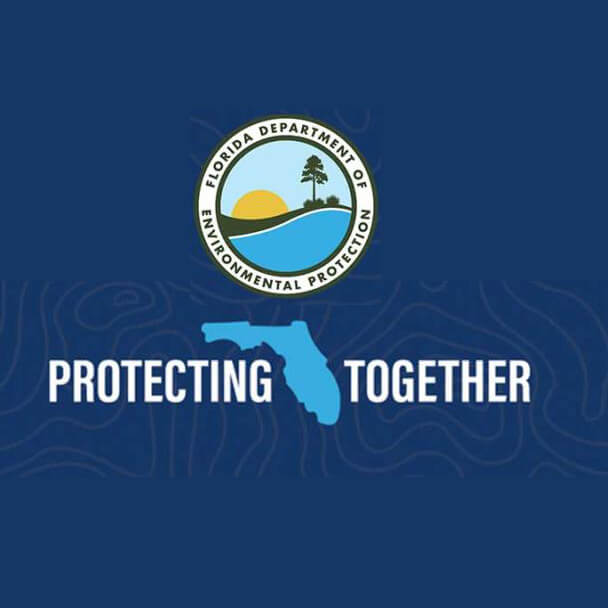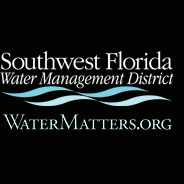Sunshine State Hydration: Examining Florida City Water Contamination Trends
Water, a fundamental resource for life, is under scrutiny in the Sunshine State. Florida's cities are grappling with water contamination issues that demand a thorough examination. This article explores the factual landscape of water contamination trends in Florida cities, shedding light on key challenges and potential avenues for improvement.
The Pervasive Issue of Groundwater Contamination
Florida's reliance on groundwater for drinking water makes the issue of groundwater contamination particularly significant. The infiltration of pollutants into the underground aquifers poses a threat to the primary source of drinking water for many Floridians.
Common contaminants found in groundwater include nitrates from agricultural runoff, industrial chemicals, and naturally occurring substances like arsenic. The Florida Department of Health, in collaboration with local authorities, regularly monitors groundwater quality to ensure compliance with safety standards. Efforts to prevent contamination at the source, through better agricultural practices and industrial regulations, are ongoing to safeguard this vital resource.
The Challenge of Aging Infrastructure
Across the state, aging water infrastructure is a concern that impacts water quality. Deteriorating pipes and distribution systems can introduce contaminants into the water supply. The risk of lead contamination, in particular, has gained attention due to the presence of lead pipes in some older buildings and neighborhoods.
Florida's municipalities are investing in infrastructure upgrades to replace aging pipes and improve distribution systems. Rigorous testing and monitoring are conducted to identify and address potential issues before they pose a threat to public health. The collaboration between local governments and utility providers is crucial in ensuring the resilience and safety of water infrastructure.
Industrial Discharges into Surface Waters
Florida's extensive coastline and numerous water bodies are vulnerable to industrial discharges that can compromise water quality. Runoff from industrial activities, including manufacturing processes and waste disposal, can introduce harmful substances into rivers, lakes, and coastal areas.
The Florida Department of Environmental Protection (FDEP) enforces regulations to limit industrial discharges and protect water quality. Enhanced monitoring and stricter enforcement of environmental regulations are ongoing initiatives aimed at preventing and mitigating the impact of industrial activities on Florida's surface waters.
Microbial Contamination and Public Health Concerns
Microbial contamination, including bacteria and pathogens, poses a constant threat to water quality and public health. The risk of waterborne diseases necessitates stringent monitoring and treatment of both surface water and drinking water supplies.
Water treatment facilities across Florida employ advanced technologies to ensure the removal of microbial contaminants. Regular testing is conducted to detect and address any potential outbreaks promptly. Public health campaigns emphasize the importance of water safety practices, such as proper water storage and filtration, to reduce the risk of waterborne illnesses.
Addressing Emerging Contaminants
As scientific knowledge evolves, new contaminants of concern, known as emerging contaminants, are identified in water sources. These include pharmaceuticals, personal care products, and endocrine-disrupting chemicals. The presence of these substances in Florida's water bodies is closely monitored to assess potential risks.
Research institutions and environmental agencies collaborate to study the impact of emerging contaminants and develop strategies for their mitigation. Treatment technologies are continually updated to address these evolving challenges, and regulatory frameworks are adapted to ensure the protection of water quality in the face of emerging threats.
Conclusion
Florida, the Sunshine State, grapples with multifaceted challenges in maintaining pristine water quality. Groundwater contamination, aging infrastructure, industrial discharges, microbial threats, and emerging contaminants are all factors demanding attention and concerted action. Through ongoing collaboration, investment in infrastructure, and adherence to regulatory standards, Florida aims to ensure that its residents have access to clean and safe water, securing a healthier and more sustainable future for all.





